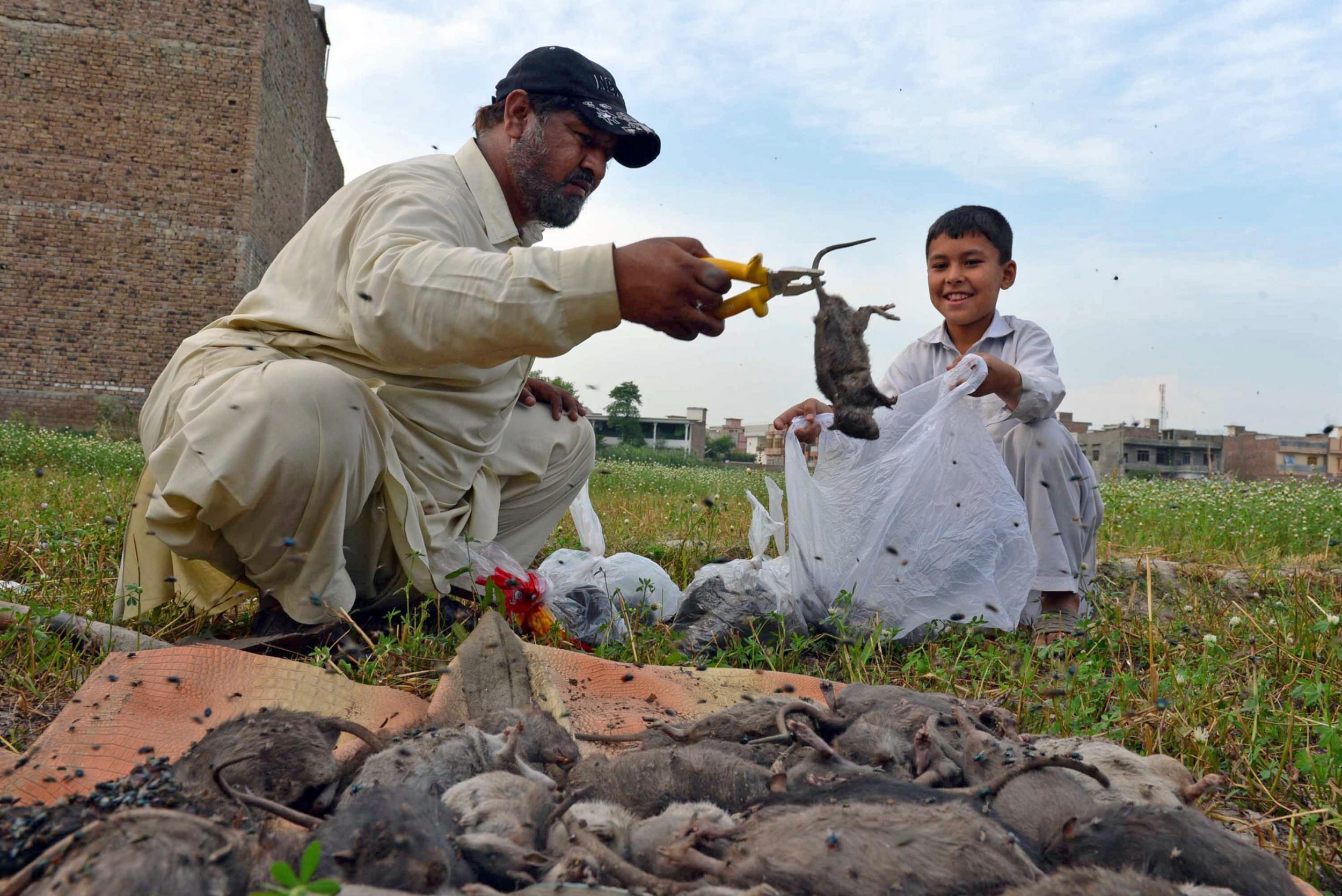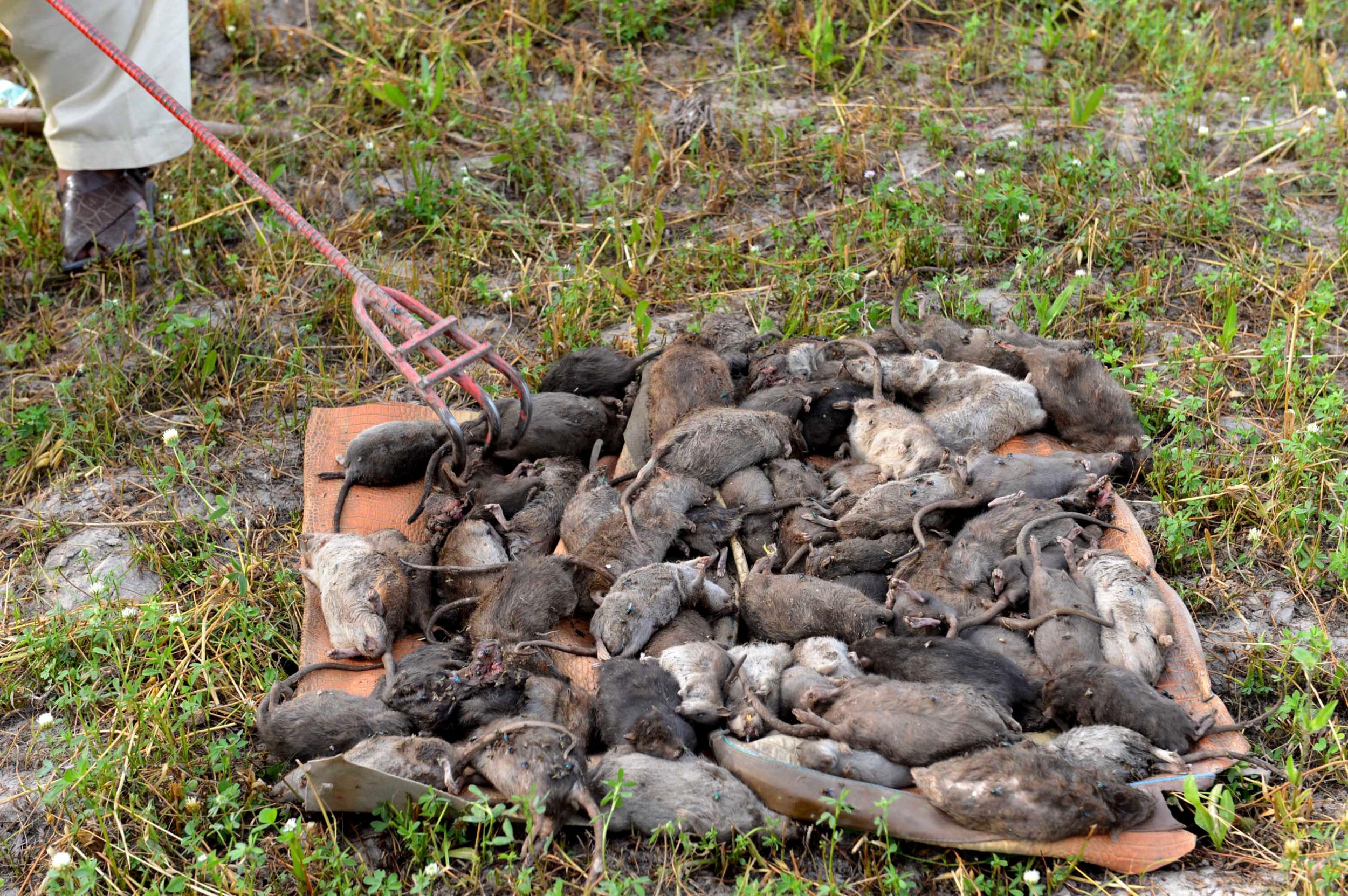Your support helps us to tell the story
From reproductive rights to climate change to Big Tech, The Independent is on the ground when the story is developing. Whether it's investigating the financials of Elon Musk's pro-Trump PAC or producing our latest documentary, 'The A Word', which shines a light on the American women fighting for reproductive rights, we know how important it is to parse out the facts from the messaging.
At such a critical moment in US history, we need reporters on the ground. Your donation allows us to keep sending journalists to speak to both sides of the story.
The Independent is trusted by Americans across the entire political spectrum. And unlike many other quality news outlets, we choose not to lock Americans out of our reporting and analysis with paywalls. We believe quality journalism should be available to everyone, paid for by those who can afford it.
Your support makes all the difference.Here in a city that has defined Pakistan's struggle against Islamist extremism, thousands of people have been killed or injured in terrorist attacks. But now, if asked their greatest fear, many residents cite one of the world's other menaces: rats.
Over the past year, according to Peshawar's mayor, eight children have been killed by rats. At night, rodents spill out of the city's crude sewer system, chewing through doors and walls, feasting on food supplies and overrunning hospitals and schools.
And these aren't ordinary rats, residents say. These creatures are big -- so big that residents swear they can't be native to the area. And that gives rise to yet more conspiracy theories in a country already prone to blaming its woes on outsiders.
"They can be so big, like cats, and with two big sharp teeth in the front," said Muhammad Humayun, 38, who describes the size of the rats by stretching out his arm and pointing from his elbow to the tip of his fingers.
Throughout history, tales of cat-size rats have repeatedly surfaced only to be debunked by scientists.
The average body of a Norway rat in the West, they say, is six to eight inches long. But some rat species in Asia have been known to grow larger, creating some uncertainty about what sort of rodent is now rampaging through Peshawar.
Still, the roots of Peshawar's rat problem appear obvious.
More than 1 million people live packed together in poorly constructed houses in one of the oldest cities in South Asia. Uncovered sewage drains empty directly into streets or streams.
Garbage is casually tossed onto sidewalks or vacant lots. Butchers slaughter cows and goats in store-front windows. And chicken and dairy farms can be found in the middle of densely populated neighborhoods.
It seems like the makings of a rat paradise, yet residents are mystified as to why they are now being terrorized by one of human civilization's most persistent foes.
Some say the problem began after a series of floods in 2010 and 2012 flushed rats from their nests in the mountains near the Pakistan-Afghanistan border.
A man walks near holes on the bank of a canal that a resident said are the living places of rats in the city of Peshawar.
Others believe the rats were bred on U.S. military bases in Afghanistan and brought to Peshawar in the trucks that are withdrawing coalition supplies on Pakistani highways.
One theory is that super-size rats came in the luggage of refugees fleeing a military operation in Pakistan's tribal belt, where rumors of huge rodents have persisted for centuries.
There have been allegations that the rats were genetically modified by a foreign power and left here to terrorize Muslims.
Whatever the case, Peshawar is now locked in yet another war.
Last week, amid an outcry from lawmakers and residents, Mayor Muhammad Asim announced a three-pronged strategy to treat rats in the same manner the city combats "the hideouts of militants."
To win the battle, Asim has created a new team of 30 municipal workers who will be spreading rat poison throughout the city each night. Free rat poison was made available to residents.

Peshawar has also set a bounty on rats, promising 25 rupees (about 25 cents) for each dead rodent.
"People are afraid," Asim said. "They say these are not your normal rats. . . . They will eat your food. They eat your clothes, and they eat your papers."
As residents of Washington and other U.S. cities can attest, this sounds like typical rat behavior. But reports that rats have killed eight children and injured numerous others in Peshawar have escalated the crisis.
Asim said one infant recently bled to death from rat bites to the face. Asker Pervaiz, a member of the local provincial assembly, said a 3-month-old baby died after a rat bit off part of an ear.
Some Peshawar officials are skeptical, noting that few of the deaths have been confirmed by a doctor or mortician.
"If a rat bites a baby, there is usually no medical evidence whether it's a rat, a flea, a snake or mosquito," said Taminur Ahmed Shah, a spokesman for the Peshawar Water and Sanitation Services, who blames Pakistan's media for hyping the extent of the problem.
But Noor Qadir, 33, has no doubt Peshawar's rats are turning into killers.
Qadir was sleeping in his house -- located next to a brackish stream and a flour mill -- on March 22 when his 8-month-old baby began crying.
"I woke up to his screams and saw the rat was in bed with him," Qadir said. "The rat jumped out of the bed, and I killed the rat, and there was blood and teeth marks on his face."
Qadir's baby survived, but wounds from nine razorlike incisions remain visible under the child's eye. Now, like many of his neighbors, Qadir stays awake at night dreading a return visit.
"I put my slipper in the space under the door, but half the slipper was eaten by the rat," he said.
As with Pakistan's sputtering war against human terrorists, there are already signs that Peshawar's struggle against rats will be hampered by poor planning and a lack of commitment.
On Friday night, the new rat eradication team collected 500 rat carcasses after it left poisoned bread in three neighborhoods.
On Saturday evening, however, the team decided to take a night off because rain was forecast.
Peshawar officials temporarily suspended the reward program over the weekend because they were caught off-guard by how many people showed up with dead rats -- and demanding payment.
Peshawar does have one crucial asset, however. The city's eradication effort is led by Naseer Ahmad, a local celebrity nicknamed the Rat Killer.
After the wife of one of his friends was bitten by a rat seven years ago, Ahmad took it upon himself to start killing the animals for sport.
Using his own special mix of poison -- the same toxic brew Peshawar is now using in its citywide campaign -- Ahmad has killed 103,050 rats over the past seven years, he says.
He, too, believes the rats in Peshawar are getting bigger and meaner because of mysterious circumstances.
"Based on my experience, this is not a local rat. This is something different," said Ahmad, adding that he recently started finding rats with coin-size testicles. "They are now not even afraid of kids, and kids can't fight them."
Peshawar's strategy for killing rats, however, rests on children doing exactly that -- motivated by the reward program, which is set to resume.
"If everything else fails, the 25 rupee incentive won't fail," Asim, the mayor, said. "A lot of children are already scavengers who pick up paper and plastic" for money, he added, in what is one of Pakistan's poorest cities. "Now, they can be working to kill the rats."
Copyright Washington Post

Join our commenting forum
Join thought-provoking conversations, follow other Independent readers and see their replies
Comments